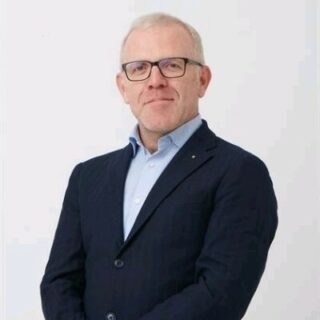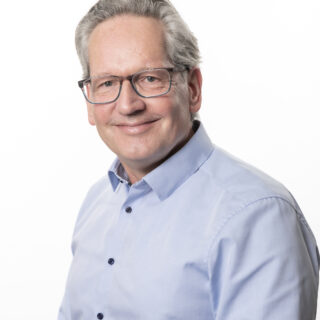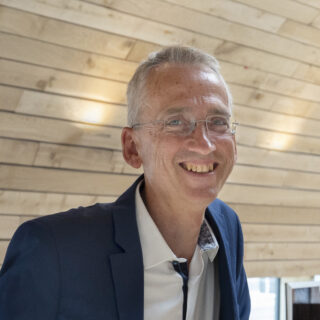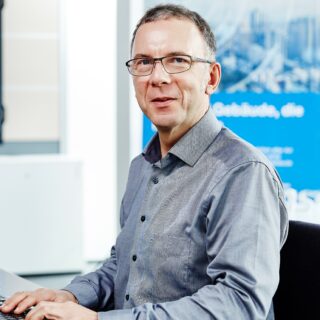
With life sciences advancing at lightning speed, modular and sustainable cleanroom design is essential for future ready infrastructure.
Technological advances, heightened regulatory scrutiny and a growing commitment to efficiency, the demands on research and production facilities are evolving fast. Consequently, the life sciences sector is undergoing rapid transformation. Cleanrooms and laboratories, the cornerstone of pharmaceutical, biotech and medical research, must now deliver more than just sterility and compliance. They must also be adaptable, energy efficient and future ready.
Shift Toward Smarter Cleanroom Design
Life sciences facilities have long been governed by strict regulatory and validation requirements. Compliance remains a core driver, but the expectations placed on facility design now go beyond just sticking to the rules. Cleanrooms and labs today must be versatile enough to accommodate rapid shifts in research focus and production methods while minimising environmental impact and operational costs.
This shift has been largely driven by advances in modular design. Modular cleanrooms are constructed with pre-engineered components that allow for reconfiguration and expansion with minimal disruption.
" For an industry where time is money and uptime is critical, the flexibility of modular design can be a game changer.
Why Modularity Matters
The beauty of modular cleanrooms and labs lies in their ability to evolve. However, modularity is not something that can be bolted on later. It must be embedded into the design phase. That strategic foresight directly affects both capital expenditure (CAPEX) and operational expenditure (OPEX), creating value over the facility’s entire lifecycle.
4 Benefits of Modular Design
Unlike conventional fixed structures, modular facilities give organisations :
- Adapt cleanroom/lab layouts to support new workflows or technologies
- Scale operations up or down without starting from scratch
- Repurpose existing spaces with minimal demolition or waste
- Respond to regulatory or market changes more efficiently
Sustainability is now the Standard
In Europe and beyond, sustainability has become a baseline expectation rather than a niche goal. Regulatory frameworks demand transparency in energy use and emissions. Clients are being held accountable for long term environmental performance, and Deerns is helping them meet those demands from the earliest planning stages. Right from the outset, we engage in scenario-based planning that anticipates future needs and avoids unnecessary retrofits.
Priority Design List
Some of sustainable design measures which we prioritise include:
- Reducing air changes per hour to cut energy usage
- Designing for the reuse of heat, water and cooling systems
- Implementing renewable energy sources such as solar, wind and geothermal
- Creating HVAC systems that support modular reconfigurations with minimal energy loss
Navigating Real World Challenges
One of the most pressing challenges is the increasing speed at which technologies and research protocols evolve. Traditional, rigid infrastructure can quickly become obsolete or prohibitively expensive to modify. With modular systems, these changes become manageable.
For example, Deerns recently partnered with a pharmaceutical client to upgrade air handling units during active production. By planning extensively and using modular components, we only had 5% downtime over an extensive project timespan. This kind of agility is essential in today’s competitive landscape.
Another challenge is reconciling global corporate policies with local regulatory requirements. We see this often with multinational clients. Take our work on a complex R&D facility located in the Netherlands for a well-known US-based chemical company. The Dutch facility had to comply with EU net zero goals, while the parent company held a more conservative view on sustainability investments.
" Deerns played a strategic role in bridging these perspectives and creating a compliance path that worked for both sides.
Strategic Thinking and Strong Partnerships
At Deerns, our approach is based on asking the right questions and building solid relationships. We don’t just design systems; we co-develop long term strategies with our clients. That means understanding their research or production goals, their internal policies and their regulatory environments.
We also identify and leverage opportunities for subsidies and incentives. Our sustainability team specialises in aligning technical solutions with financial advantages, ensuring our clients get the most from their investments.
Every project begins with scenario planning that explores long term ambitions, potential changes in processes, emerging regulations and the level of modularity the facility will require.
Looking Ahead: Cleanrooms and labs of the Future
As life sciences continue to evolve, cleanrooms and labs will follow suit. 5 main changes the future will likely bring:
- Smaller, robotised environments: AI and automation will reduce the need for large spaces and manual handling.
- Integrated sustainability: Heat recovery, water recycling and clean energy will be standard, not optional.
- Increased personalisation: Labs will need to support customised therapies and niche production runs.
- Circular systems: Waste will be minimised and resources like gases, chemicals and water will be reused wherever possible.
Flexible building infrastructure: Entire buildings will need to shift between office, lab and production use, especially in multi-tenant facilities.
A prime example is BioPartner 5 in Leiden – a CO2 neutral building using reclaimed steel structures and passive climate control to minimise energy use. BioPartner 5 is recognised as the Netherlands’ first energy neutral laboratory building, achieving the ‘Paris Proof‘ standard. It illustrates the power of modularity at both the system and building level.
Rethinking cleanroom and lab design is urgent. Modularity and sustainability are now essential for adaptability, efficiency and long-term value. At Deerns, we align strategy, engineering and sustainability to create facilities that perform from day one.









































